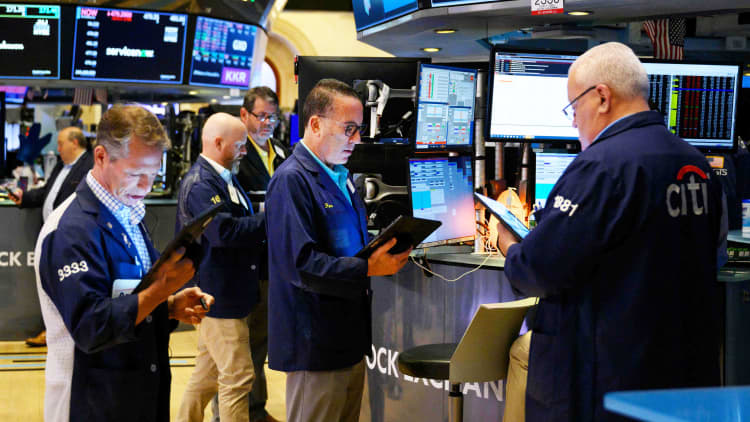Stocks were little changed on Tuesday as investors braced for more hefty interest rate hikes from central banks to quell inflation, with Sweden setting the tone ahead of its U.S., Swiss and British counterparts later in the week.
The dollar was steady near a two-decade high versus major peers, crude oil prices were little changed, and euro zone bond yields hit new multi-year highs on concerns over high energy prices.
Asian and European bourses used a tailwind from Monday's advance on Wall Street to chalk up modest gains, with the STOXX index (.STOXX) of 600 European companies flat.
The benchmark is down about 16% for the year as fallout from war in Ukraine and rising borrowing costs fuel recession fears.
The MSCI all country stock index (.MIWD00000PUS) was 0.2% ahead, leaving it down about 20% from a lifetime high in January. U.S. stock futures, the S&P 500 e-minis , advanced 0.22%.
Sweden's central bank hiked rates by a greater than expected full percentage point on Tuesday and warned of more to come. The Fed is also expected to raise rates when a two-day meeting ends on Wednesday, with the Bank of England anticipated to hike on Thursday. read more
"Tighter monetary policy around the world will increase the headwinds for risk assets - after all, central bankers are deliberately trying to slow aggregate demand," ING bank said.
Markets are priced for rates to climb as high as 4.5% by early 2023, compared with the Fed's current 2.25%-2.5% policy rate range. read more
Luca Paolini, chief strategist at Pictet Asset Management, said the U.S. central bank would likely ease the pace of hikes going into next year.
"The market, in a way, is probably expecting a peak in rates," Paolini said, adding that market focus would then switch to how higher rates were affecting economies and company earnings.
"We haven't seen it yet fully, I believe, as significant downgrade in earnings which I think will come. The downside for bonds is limited," Paolini said.
Inverted yield curves or long-term interest rates below short-term rates, were also a red flag historically to buying shares, he added.










